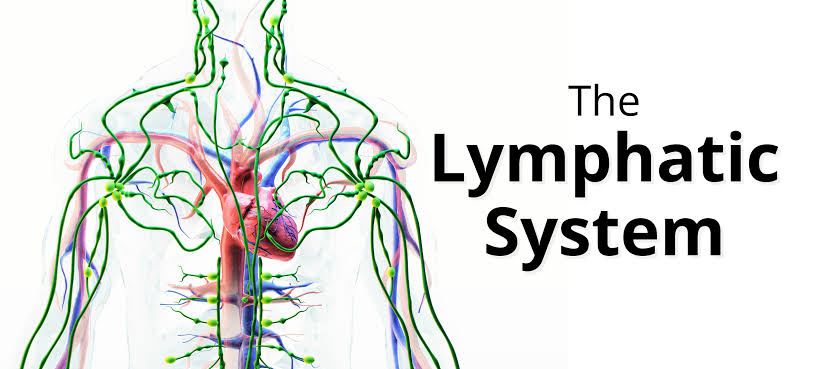The Lymphatic System: Your Body’s Defense Network
What is the lymphatic system?
The lymphatic system is a network of vessels, organs, and tissues that help defend your body against infection and disease. It’s like a superhero team that works behind the scenes to keep you healthy!
How does the lymphatic system work?
The lymphatic system has several key functions:
1. Fluid drainage: It helps remove excess fluid from your body’s tissues, which can help reduce swelling.
2. Waste removal: It helps eliminate waste and toxins from your body.
3. Immune response: It plays a crucial role in your immune system, helping to fight off infections and diseases.
Key players in the lymphatic system
The lymphatic system consists of several organs and tissues that work together to defend the body against infection and disease. Some of the key organs in the lymphatic system include:
1. Spleen: Filters the blood and stores red blood cells and platelets.
2. Thymus: Develops and matures immune cells called T-cells.
3. Lymph nodes: Filter lymph fluid and trap pathogens.
4. Tonsils: Help filter pathogens from the air we breathe and the food we eat.
5. Adenoids: Help filter pathogens from the air we breathe.
6. Peyer’s patches: Small lymphoid tissues in the small intestine that help filter pathogens from food.
7. Appendix: Once thought to be a vestigial organ, it’s now believed to play a role in the development of the gut microbiome.
These organs work together to help protect the body against infection and disease.
How does the lymphatic system help you stay healthy?
1. Fighting infections: The lymphatic system helps eliminate pathogens and toxins from your body.
2. Reducing swelling: It helps remove excess fluid from your tissues, which can reduce swelling.
3. Supporting immune function: It plays a crucial role in your immune system, helping to activate immune cells and fight


Leave a Reply